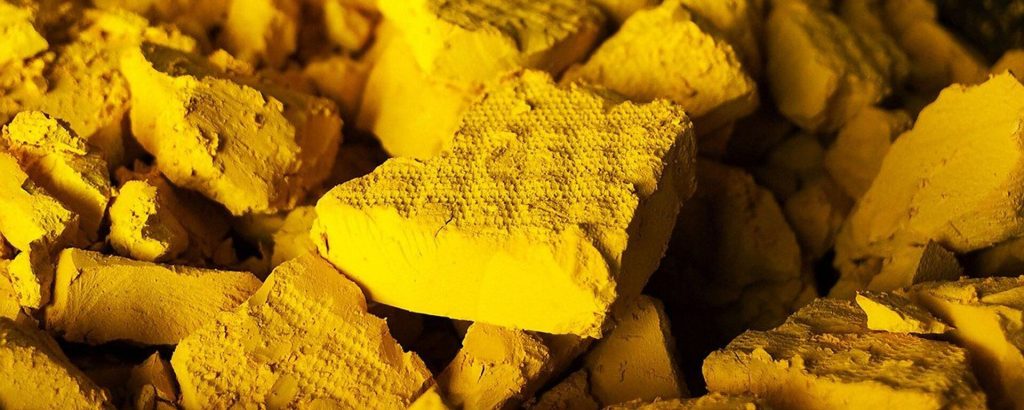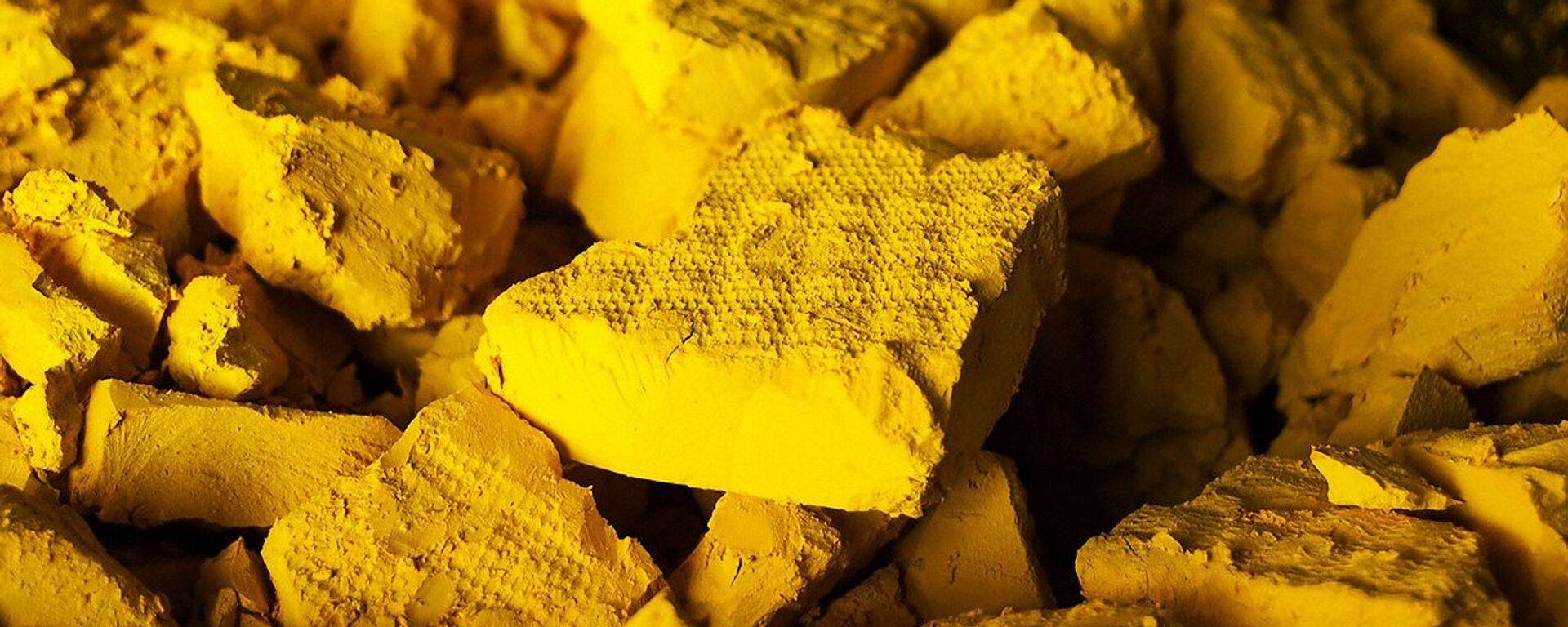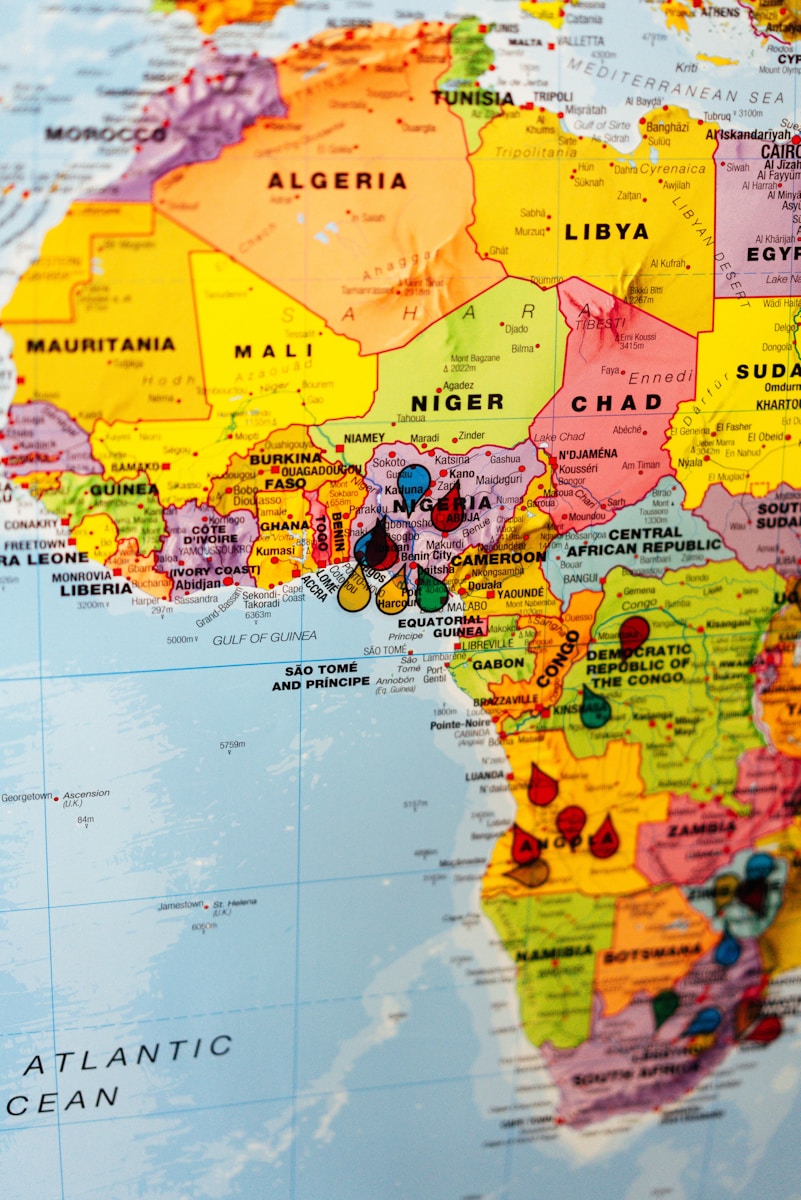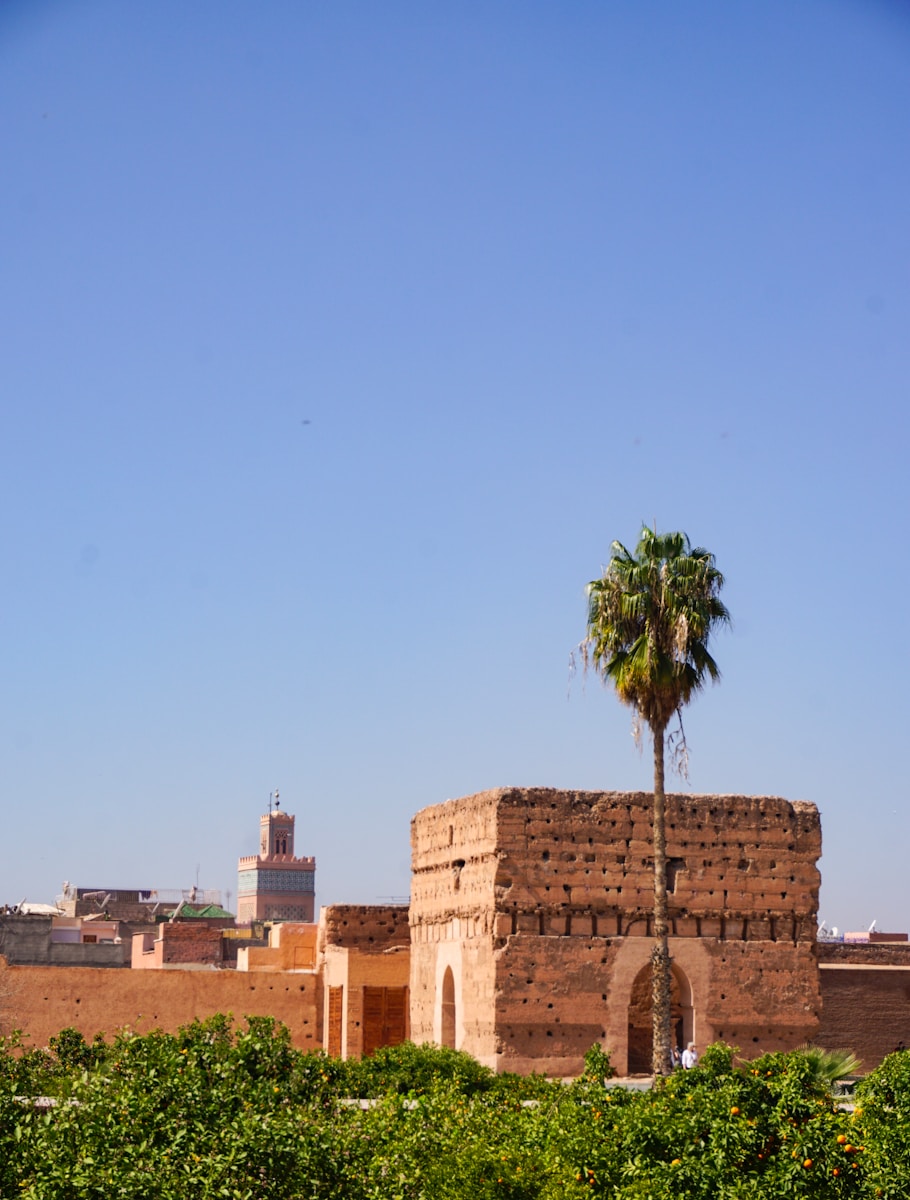
On June 19, 2025, Niger’s transitional government made headlines by announcing the nationalization of the Société des Mines de l’Aïr (SOMAIR), a key uranium mining firm in the northern region of Arlit. This move, framed as a strategic assertion of sovereignty, has sparked concern among international investors and left SOMAIR’s 721 employees in a precarious state of uncertainty.
Why Nationalize SOMAIR?
The Council of Ministers described the decision as a measure to “reclaim national wealth from colonial-era exploitation.” French nuclear company Orano (formerly Areva), which held a 63.4% stake in SOMAIR, had long been criticized for reaping vast profits while Niger remained among the world’s poorest countries.
The government emphasized that decades of uranium extraction generated minimal value for local development and accused Orano of environmental mismanagement and lack of transparency. The nationalization aims to reposition uranium as a tool for national growth and strategic autonomy.
Orano’s Reaction: Legal Action on the Horizon
French nuclear group Orano swiftly condemned the nationalization as “illegal and expropriatory.” The company declared its intent to initiate arbitration proceedings at the International Centre for Settlement of Investment Disputes (ICSID), seeking substantial financial compensation.
“This unilateral expropriation damages investor confidence and violates multiple bilateral investment treaties,” Orano said in a statement. The legal battle could stretch over years and cost Niger millions in potential settlements or trade reprisals.
Workers in Limbo
Amid the standoff, the fate of SOMAIR’s 721 workers has emerged as a central concern. The Syndicat des Travailleurs des Mines du Niger (SYNTRAMIN) issued a statement urging the state to honor employment contracts and protect salaries and benefits.
“We support sovereignty, but workers should not pay the price,” said Ibrahim Mahamadou, a mine technician in Arlit. “Our lives are tied to SOMAIR. We need assurances, not slogans.”
Economic Fallout and Uranium Exports
Niger, the world’s seventh-largest uranium producer, heavily relies on uranium exports. However, uranium shipments from SOMAIR have been halted since late 2024 due to diplomatic tensions with France and EU sanctions following the 2023 military coup.
Thousands of tons of uranium oxide remain in storage. Without international buyers or operational infrastructure, Niger may face steep financial losses and escalating budget deficits.
What the Government Envisions
Transitional authorities insist the move is a turning point toward “economic decolonization.” They propose restructuring SOMAIR into a fully state-owned enterprise under Nigerien technical and managerial leadership.
Energy and Mines Minister Abdoul Aziz Issoufou stated: “We welcome new partners from Russia, China, Türkiye, and the Gulf. We won’t be blackmailed by Europe anymore.”
Legal Complexities
Legal experts believe the ICSID arbitration will be challenging for both parties. Orano will have to prove that Niger violated international agreements, while Niger may invoke sovereignty and public interest justifications for the nationalization.
“There’s precedent both ways,” noted Nigerien legal scholar Fatou Djibo. “But the longer the dispute drags, the greater the risk for Niger’s mining sector and economy.”
Broader Geopolitical Implications
Niger’s decision follows similar moves by its neighbors Mali and Burkina Faso, which have both nationalized key resources and expelled French military presence. A new geopolitical bloc—the Alliance of Sahel States—is reshaping the political and economic dynamics of West Africa.
The shift reflects growing alignment with non-Western powers, especially Russia and China, which offer investment without political conditionalities. This new “multipolar” path could redefine resource governance across the Sahel.
Can SOMAIR Survive?
The future of SOMAIR depends on whether Niger can stabilize its internal governance, resolve its dispute with Orano, and secure viable export partnerships. Rebooting operations under a state-led model will require capital, expertise, and diplomatic finesse.
Without these elements, the once-productive Arlit mines may become ghost towns, and workers may join the growing ranks of unemployed in Niger’s already fragile northern provinces.
Conclusion
Niger’s nationalization of SOMAIR is a landmark event with far-reaching consequences. While the government frames it as a leap toward sovereignty, its success depends on managing the fallout—legal, economic, and social. As global powers reorient their interest in Africa, the fate of SOMAIR may be a litmus test for what post-colonial economic independence truly means.
For more information you can visit:
- Reuters: Orano says Niger uranium mine on brink of bankruptcy
- Financial Times: Niger in the Crosshairs of Global Resource Power Plays
Thanks for reading . for more news visit our website: africaciviclens.com




